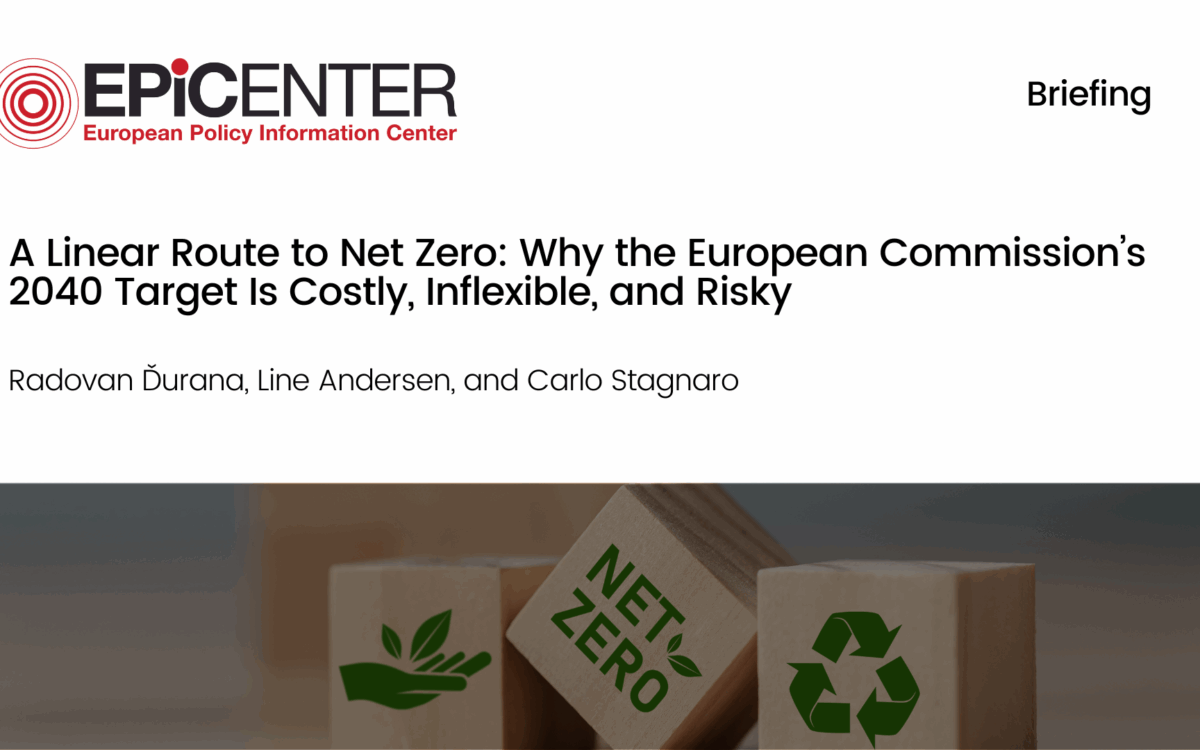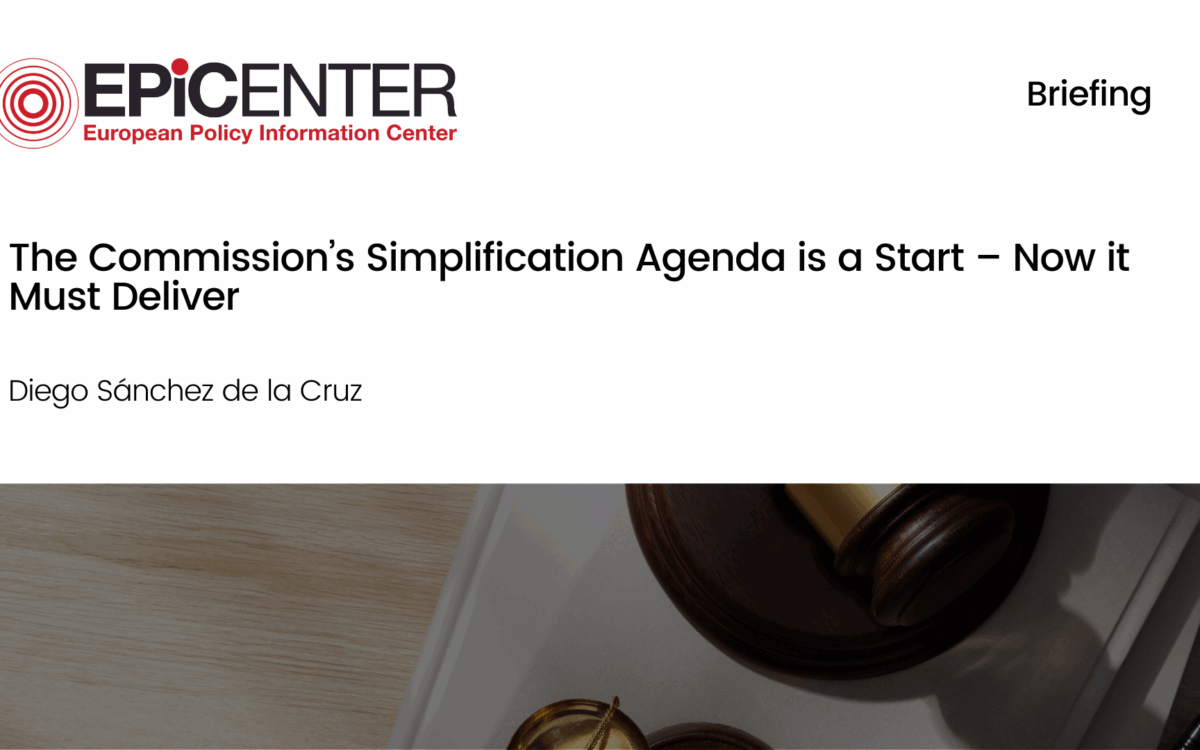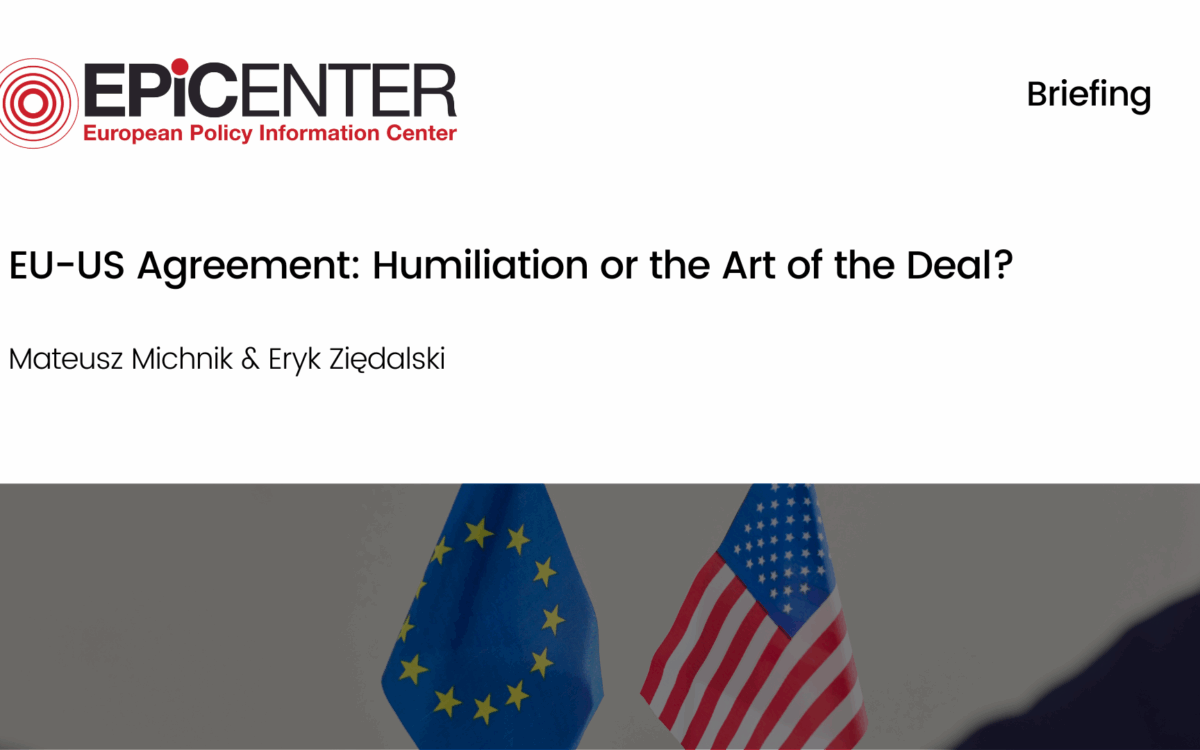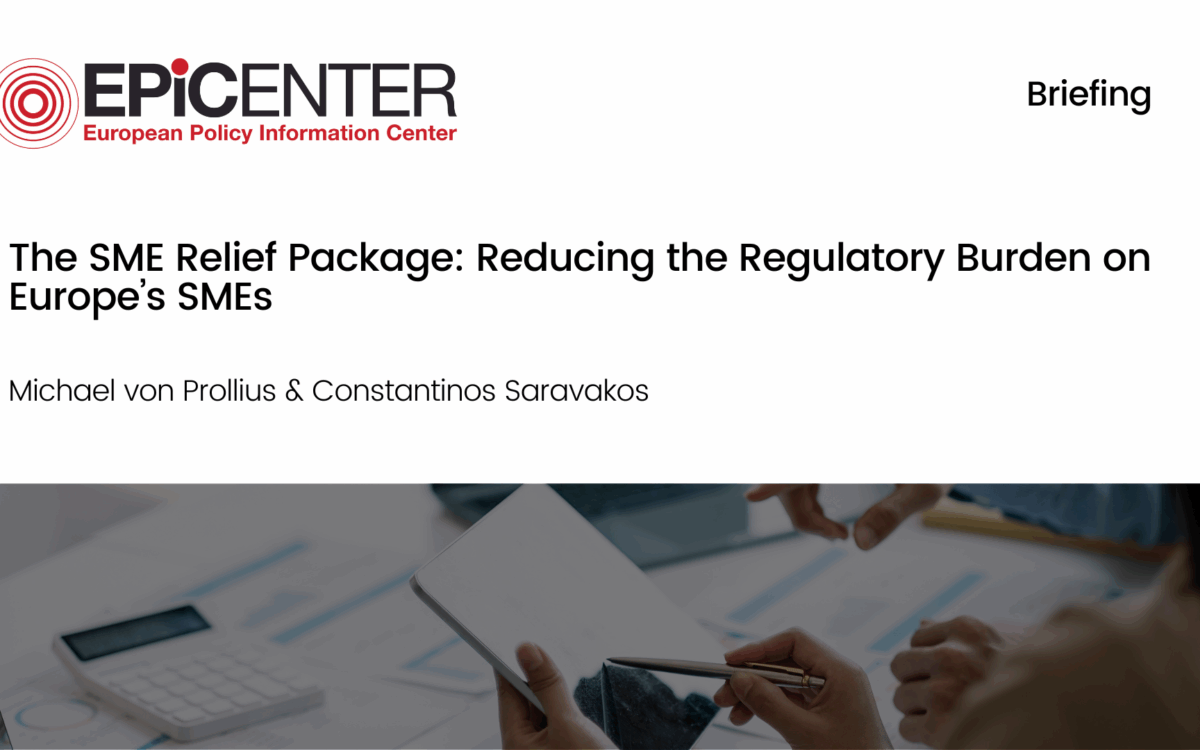Credit Day: Debt and Deficit in a Bipolar EU
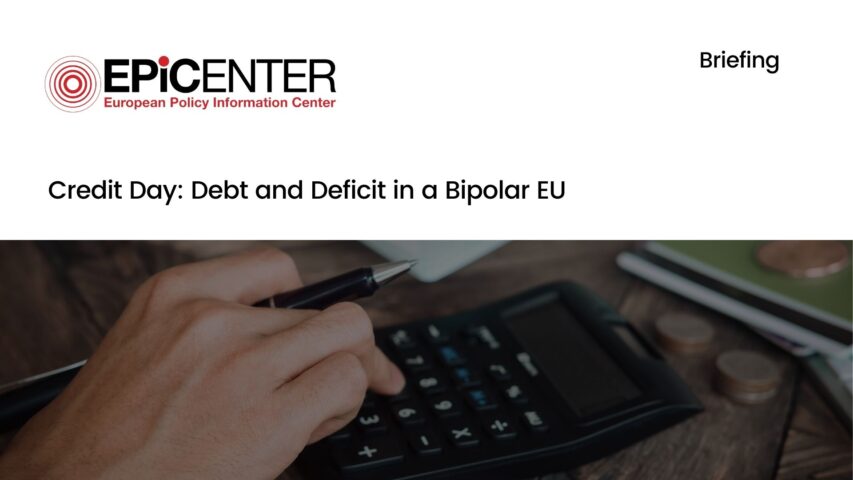
Credit Day: Debt and Deficit in a Bipolar EU
December 2017
6 December marks Credit Day across the European Union. This is the day when, on average, European countries’ central administrations will exhaust their annual tax revenue and start living on credit to meet their spending commitments, according to a study by the Institut Economique Molinari.
Only 4 out of the 28 member states are currently in budget surplus. Among the deficit countries, France ranks worst, with both high debt and deficit levels as well as no reduction in public spending.
The EU member states’ finances show two opposite poles, with the bottom quartile struggling to reduce its public spending, resulting in large deficits and escalating debt levels. The rest of the EU28 are however showing improvements, with a declining amount of unfunded spending days.
Whilst there have been improvements, EU authorities should make greater use of the preventive arm of the Stability and Growth Pact to ensure that all EU countries continue their debt and deficit consolidation.
Download or share this publication
View the PDF
EPICENTER publications and contributions from our member think tanks are designed to promote the discussion of economic issues and the role of markets in solving economic and social problems. As with all EPICENTER publications, the views expressed here are those of the author and not EPICENTER or its member think tanks (which have no corporate view).
